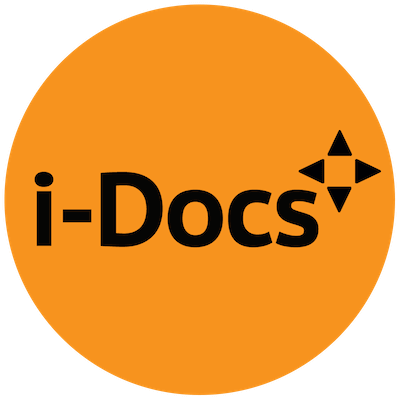A tenured associate professor and the Associate Director of the Center for Innovative Media, Dr. Harvey is also a working playwright and screenwriter who explores intercultural conflict through theatrical techniques in both live and virtual settings. She also writes about the media arts and cultural archetype in the public imagination, the anthropological effects of new media technologies, and media globalization and political identity. Elected as a Fellow of the Royal Anthropological Institute (U.K.) and a member of the Oxford Internet Institute, she is an award-winning teacher and a leading researcher on writing and producing for mobile phone filmmaking (Very Small Screen Media). She works with the GW Global Media Institute, Raindance Independent Filmmakers organization (U.K.) and is the Founding Director of the Aldebaran Drama Group.
As a media anthropologist, she explores how new communication technologies interact with policies, practices, and public expectations within traditional social practices, including the development of core cultural values, social architecture and power relations, conflict resolution, cultural identity-building, globalization and the political processes related to self-government in both the domestic and international spheres.
Session Title: Play It Again: Fusing Playback Theatre Techniques and Interactive Documentary
This paper extends the author’s previous work exploring Alternative Reality Gaming (ARG) theory as a vehicle for pushing the “interactive documentary” idea off the screen and into real life as an experiential multimedia event. In much the same vein, the “Play It Again” project considers the notion of modifying conventional, live-in-person “playback theatre” as a framework for a unique and very specific type of online, interactive non-fiction narrative.
“Playback theatre” is a particular type of Drama for Conflict Transformation (DCT) technique in which participants in a cultural, political, or religiously-based antagonistic situation are given the opportunity to “test out” the ripple-effect impact of a range of possible choices regarding that conflict. Characters in the play, just like conflict participants in real life, have a variety of things they can say or do at crucial points in the escalating hostilities, and playback theatre provides a means by which the “downstream effect” of each of those choices can be examined in the safe, imaginary world of the play itself.
In the “Play It Again” project, the author fuses the unique narrative structure of “playback theatre” with the concepts and principles of interactive documentary storytelling, crafting a new kind of “interactive mini-doc” in which both online and face-to-face audiences co-create conflict-related meaning in virtual space.
The benefits to community-building, social activism and conflict mediation that are made possible by this innovative blending of “real world” and “online” interactivity are discussed, with examples of the author’s own efforts in this territory illustrated through the use of video excerpts from her work in progress, entitled “The Interrogation,” and/or from other extant materials available on the Web, like “The Law Project.”

